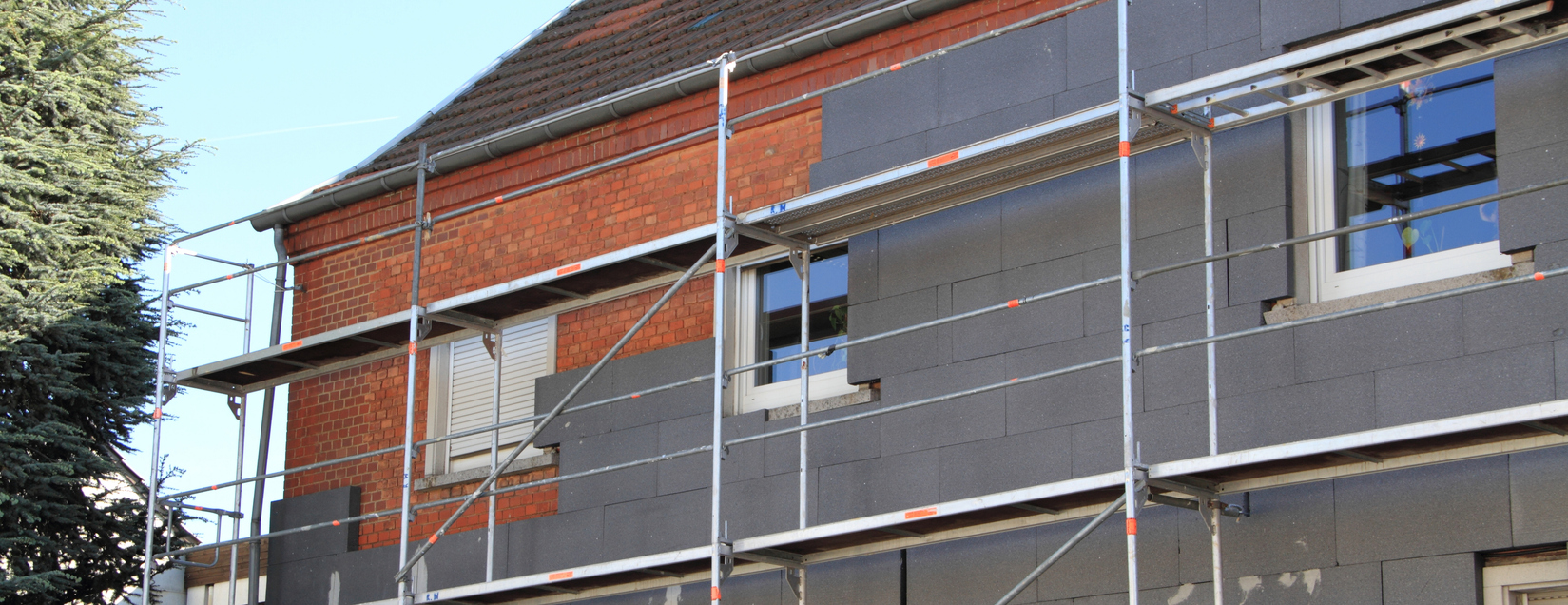The first few months of the new Labour government have been reassuring for the property industry, and indeed the house buyer, with major planning reforms on the way, and a streamlining of efforts to re-develop brownfield land. Most notably, the new Chancellor ruled out the possibility of rent controls in her first week in office.
So far, the sounding and early policy moves from new Labour government in Westminster have been broadly reassuring for the property industry, and indeed the house buyer, with major planning reforms on the way, and a streamlining of efforts to re-develop brownfield land. This is on top of the existing zero rating of Vat on new housing which Britain has benefited from for many years, an important differentiator to Ireland.
Investors too were wooed this week with engagement from the new British chancellor Rachel Reeves stressing that Labour would not introduce rent controls, in any form, in the private rental sector (PRS).
This was emphasised in a curious article in property industry news website, Green Street News (formerly React News), which referenced correspondence from Reeves which categorically ruled out legislation for rent controls at either a national or devolved level.
The confirmation followed months of speculation from market watchers as to what policy moves a Labour government would take for the rental sector, especially given that many leading figures in the party had mooted the idea during the general election campaign.
Reeves has also stepped-up industry engagement this week, telling the heads of some of Britain’s largest builders, developers and investors that “Labour will not implement rent caps, or devolve powers to regional or mayoral governments”.
The new government is acutely conscious of the disastrous attempt by the devolved Scottish administration to introduce its own form of residential rent controls which is credited with holding back billions of funding for new housing in the country
The clarification that Labour will not allow local authorities of devolved regions purse their own rent controls is an important one for investors, particularly given that the Manchester mayor, Andy Burnham and London mayor Sadiq Khan, have both individually sounded their support for rent caps at various times.
Reeves’ advisers, and those of the wider new Labour government, have plenty of Irish connections, so are also likely to be well aware of the damage caused to funding and supply by Ireland’s RPZ regime on the private rented sector.
Practitioners in the Irish market remain very aware of the damage, in particular the 2 per cent cap imposed from December 2021
Restricting potential income growth means landlords have little or no incentive to renovate or improve their properties, resulting in a poor-quality rental experience for tenants. Evidence of this permeates everything from online ex-pat groups, as people tell of their experiences of renting in Ireland, to the Residential Tenancies Board (RTB) as landlords are challenged on letting sub-standard space.
Meanwhile, building new private rental stock is virtually unviable. Few private rental schemes are now being advanced and there is a heavy reliance on state funded housing associations and the Land Development Agency (LDA) to step in as funders or buyers. All of which will have long-term societal consequences and see certain pockets of our cities, Dublin’s north inner city being a case in point, repeat the mistake of over-concentration of certain tenancy types which erode the ability to create long-term sustainable communities and vibrant cities.
Rent controls have played a role in each of these negative consequences for renters, builders, investors and even a knock-on impact on first-time buyers. Much of the industry has been too polite to bluntly challenge these policy concerns, aware that an alternative government would be even more damaging to the sector, and so hoping for change from the current one. Though perhaps now, this messaging is finally getting through.
Agents Hooke & MacDonald, which publish one of the key barometer reports on the PRS sector, commented in the most recent edition that the RPZ rent controls had been “very detrimental to securing funding and investment in housing and increasing supply, their negative consequences are becoming more widely appreciated”. Savills had similar messaging last month too.
The impact of tighter rent controls in the Irish market is clearly visible in the latest data on new supply for the private rental sector, which has fallen off a cliff as base rates soared and developers were unable to secure private funders and investment in planned developments.
Hooke & MacDonald’s data, up to June 2024, focused on properties delivered, which differs from the data from elsewhere in the market which only looks at investment and funding value changes. Hooke & MacDonald argue that the current RPZ system, evidenced by declining new private rental supply data is “unworkable and is proving to be disastrous for investment transactions and funding in the sector and consequently to the supply and cost of rental accommodation”. It is notable, and highly concerning, that not a single new build private PRS scheme transacted in the first half of the year. Less funding means fewer properties to rent.
Of course, those who suffer most from restricting supply are renters: with a thoroughly international funding model, investors can simply look elsewhere, as they have done so. Ireland has already lost out on much needed long-term international funding of the private rental sector. This dynamic has played out too in Ires Reit’s share price, Ireland’s last Reit, with performance year-to-date over 30 per cent below its European peer group.
Elsewhere in the residential market, the student accommodation sector may see similar moves by investors struggling with viability given the recent ill-thought-out short lease regulation adopted by the government last week.
Markets like the USA and Canada are seeing the biggest refocusing of funds so far in 2024. While in Europe countries like the Netherlands, France and Britain have all seen increased activity levels in the private rental sector (both single and multi-family) so far in 2024.
The sharp decline in Irish activity in 2023 did not stand out when many were finding their feet in a new high-base rate funding environment, but the continued fall-off in activity into 2024, is an anomaly, and should worry policymakers.
The Rental Pressure Zone legislation celebrates its eight anniversary later this year, its authors will be well aware that they have nothing to celebrate.



